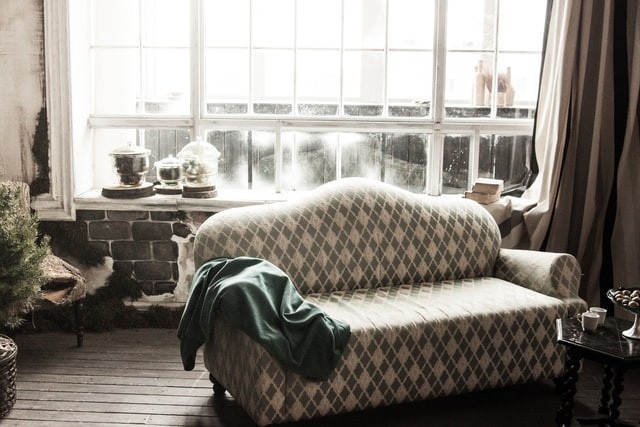
With the autumn in full swing and winter on its way, it is time to start thinking about protecting your rental properties against the harsh elements that are common in winter. Winterproofing your rental properties is about much more than protecting your real estate investment, it can also protect you as a landlord, save on unnecessary costs and, help you make a profit when reselling the home. Estimates by the U.S Bureau of Statistics say it can cost $1,244 to maintain a home- including a $168 price tag for monthly maintenance or repairs. However, neglecting to perform these simple but important winter checks for your rental property could leave you open for a much higher home maintenance bill, and a decline in the value of your investment.
Tackle Condensation By Checking Ventilation
Condensation and dampness indoors can lead to mold, property damage, and even tenant illness if left untreated. With the increasing amount of time spent indoors during winter and more closed doors, it is easy for condensation to build up during this season. To tackle it, landlords can ensure there is adequate ventilation in their rental property. Check that all windows are intact and easily opened. In the home, ensure aids like extractor fans and tumble dryers are working well. If you haven't yet, this is the best time to install an extractor fan in the kitchen and bathroom, 2 places where condensation commonly builds up.
The heating system of the home also helps to prevent condensation. Tenants should ensure all rooms of the property are heated regularly. According to The Department of Energy, the ideal heating temperature in winter is 68 degrees Fahrenheit and 62 degrees Fahrenheit when no one is at home. While on the topic of heating, it is also the best time to perform essential maintenance checks for the property's water heater. Doing so helps you keep your water heater repair cost down and avoid the inconvenience of your tenants being stuck without hot water during winter. To reduce heat loss, check the insulation of the water heater. You may also want to hire a plumber to drain and flush your water heater of any sediments. The build-up of mineral sediments can cause a shorter life span and unnecessary repair costs. Otherwise, you may find yourself saddled with a $501 water heater repair bill, according to a study by HomeAdvisor.
Check And Clear Gutters
As the trees shed their leaves during fall, this can lead to a buildup in a property's gutters. Ideally, you want to schedule a clearout of the property's gutters before winter sets in. The same can be said for any repairs the gutters need. Skipping regular gutter and drainage maintenance may mean lead to a buildup of leaves and dirt in the gutters and drains, which not only blocks them but impedes drainage for the property. In a worst-case scenario, this could cause leaks and damage to the property's foundation. The average cost paid by homeowners for a foundation repair ranges between $1,972 and $6,977.
Book In A Chimney Sweep
For homes that have a fireplace, the Chimney Safety Institute of America recommends inspecting it annually and cleaning it regularly. During winter, many tenants with fireplaces in their homes will be choosing to light fires to keep warm. A poorly maintained or blocked fireplace can lead to a buildup of harmful gases indoors and cause smoke and health damage. Consider hiring a professional to clean and clear out the chimney so that your rental property and tenants can be safe during the winter.
Lastly, make sure your insurance policies are updated. Mishaps like frozen pipes, leaks, and the breakdown of home heating systems are all common issues landlords and tenants face during the winter. They also come with a sizeable price tag. Updating your home insurance policy to protect against these issues means you have less to worry about and your real investment is better protected- in all seasons.



